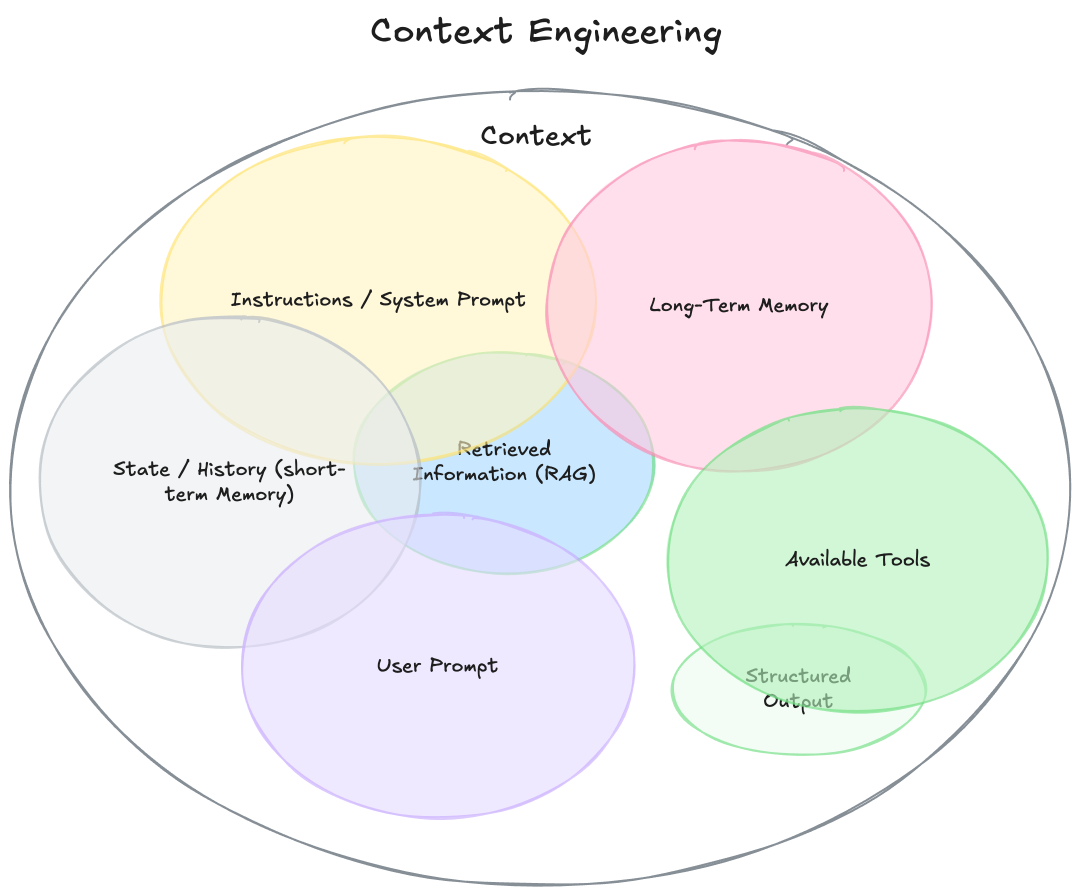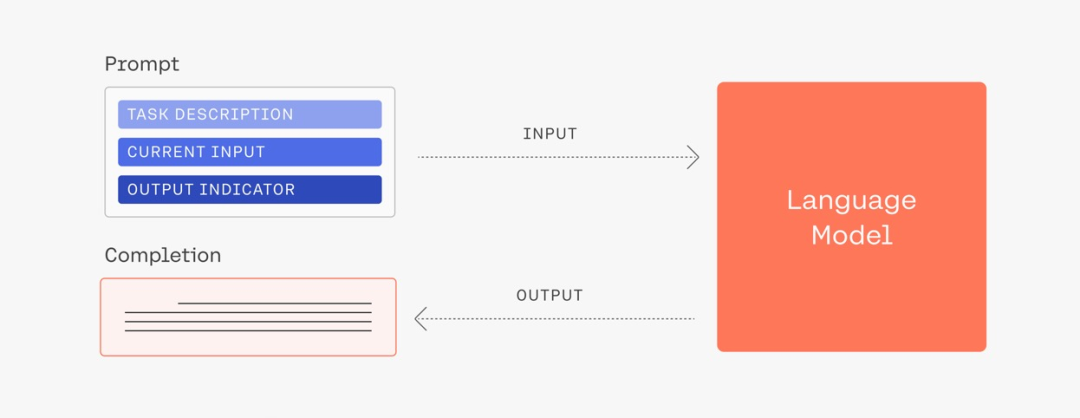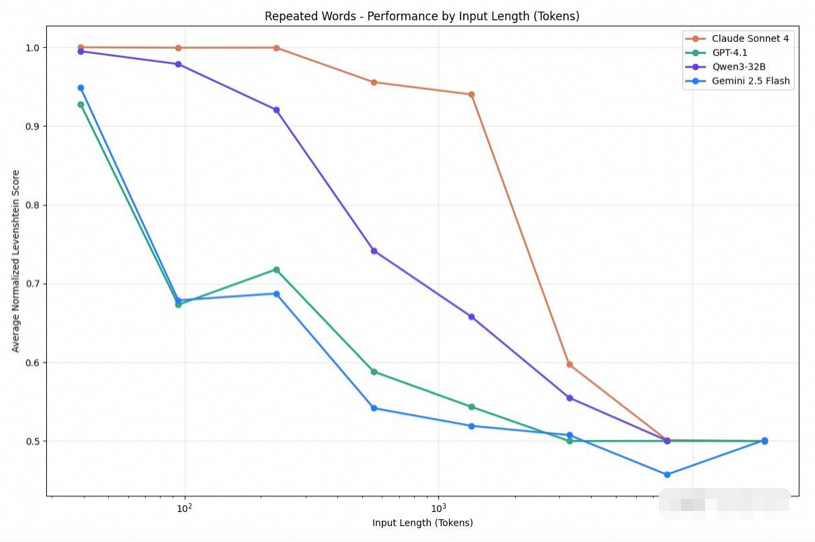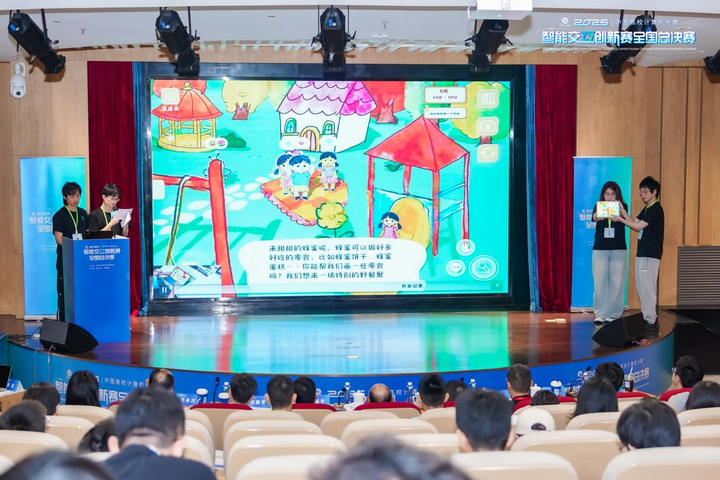# 2025-10-24 · Zhejiang


---
## Introduction
With the rapid growth of AI Agents, a new term — **Context Engineering** — has emerged. Many are asking:
- How does it differ from **Prompt Engineering**?
- Is it just another buzzword?
This guide will explore:
1. **Concept Definition** — basic principles and components.
2. **Industry Practices** — real-world product implementations.
3. **Future Outlook** — where Context Engineering might evolve.
We’ll also address:
- Why Context Engineering is essential.
- Why *Claude Code* excels.
- How *Manus* optimizes Agents.
- Why *Spec-Driven Development* + Context Engineering may replace *Vibe Coding* + Prompt Engineering.
---
## Concept Definition
### What Is Context Engineering?
**Context Engineering** is the design of dynamic systems that supply **the right information and tools in the right format** to large language models (LLMs) — enabling them to work effectively.
**Context** is **everything the model “sees” before responding** — not just a single prompt. The challenge is to fill the model’s **limited context window** with **highly relevant** information.
**Core characteristics:**
- Dynamic system construction
- Accurate information delivery
- Proper formatting
- Task-enabling design

*Source: Internet*
---
### Key Components
A full Context Engineering system typically includes:
1. **Instructions / System Prompt** — defines model behavior with examples, rules, constraints.
2. **User Prompt** — the task or question being asked.
3. **Short-Term Memory** — conversation history for ongoing context.
4. **Long-Term Memory** — retained knowledge across sessions.
5. **Retrieved Information (RAG)** — relevant external data sources.
6. **Available Tools** — callable functions or APIs.
7. **Structured Output** — required output formats, e.g., JSON.
---
### Prompt Engineering vs Context Engineering

**Paradigm Shift** from wording-focused prompt crafting to system-level context construction:
| Dimension | Prompt Engineering | Context Engineering |
|-----------|-------------------|---------------------|
| **Focus** | Wording techniques | Complete context delivery |
| **Scope** | Specific prompts | Systemic, multi-source inputs |

---
**Summary:** Context Engineering moves beyond phrase crafting, enabling LLMs to operate with **rich, structured situational awareness**. Combined with methods like **Spec-Driven Development**, it creates stronger AI workflows.
**Pro Tip:** Open-source platforms like [AiToEarn官网](https://aitoearn.ai/) integrate **AI generation, publishing, and analytics** for multi-platform delivery — a practical tool for implementing context-rich outputs.
---
## Why Context Engineering Matters
### Quick Analogy
- **Post-it note** — a brief reminder
- **Screenplay** — rich and structured context
### Simple Demo
**Minimal context:**
> User: "Hey, just checking if you’re around tomorrow…"
> AI: "Tomorrow works for me. What time?"
**Rich context scenario:**
> Context includes your **calendar**, past emails with the contact, **contacts list**, and relevant tools (`send_invite`, `send_email`).
> AI: "Hey Jim! Tomorrow’s fully booked. Thursday AM ok? Sent invite — let me know."
---
### Benefits
1. **Lower failure rate** — many Agent issues stem from missing context.
2. **Consistency** — maintains project standards.
3. **Complex features** — supports multi-step tasks.
4. **Self-correction** — allows validation loops.
---
## Industry Practices Overview
Representative products:
1. **LangChain** — agent framework/tools; context management methodology.
2. **Claude Code** — coding agent benchmark; strong memory and collaboration features.
3. **Manus** — revitalizes Agents with tool usage and cache design innovations.
---
## Long-Context Challenges
**Context Rot** — in long windows, attention diffuses and accuracy declines.

**Symptoms:**
- Persistent bias after hallucinations.
- Confusion from conflicting info.
- Loss of key detail focus.
- “Action paralysis” with repetitive text.
### Root Causes
- Longer than training context
- Model limitations
- Uneven info density
- Natural language ambiguity
### Solutions
Industry methods include:
- **Offload** — store info externally
- **Retrieve** — pull in only relevant data
- **Reduce** — compress inputs
- **Isolate** — break into sub-agent tasks
---
## LangChain’s Context Strategies
LangChain outlines **four core techniques**:
1. **Writing (Offload)** — store outside the LLM, pass references not raw data.
2. **Selecting (Retrieve)** — advanced search (GraphRAG, reranking) or basics (`grep/find`).
3. **Compressing (Reduce)** — summarization, reranking, semantic compression.
4. **Isolating (Isolate)** — give each sub-agent its own focused context.
---
## Claude Code Best Practices
Claude Code implements:
- **Three-Layer Memory Architecture** — short, mid, long-term coverage.
- **Real-Time Steering** — task interruption & adjustment.
- **Layered Multi-Agent Collaboration** — master–sub-agent workflow.
- **Dynamic Context Injection** — auto-load relevant files.
**Key takeaway:** design around **memory management and context relevance**, allowing real-time adaptability.
---
## Manus Optimization Tactics
Highlights:
- **KV cache optimization** — huge cost/time savings.
- **Tool masking** — restrict tools via logits instead of removal.
- **Filesystem as context** — persistent, huge-capacity memory.
- **Attention manipulation** — paraphrase to refocus goals.
- **Error retention** — keep failed steps for learning.
- **Few-shot diversity** — avoid output drift.
---
## Spec-Driven Development
**Problem:** Vibe Coding (Prompt → Code) often yields unmaintainable, under-documented results.
**Solution:** Spec-Driven Development:
Prompt → Requirements → Design → Tasks → Code.
**Advantages:**
- Requirements-first clarity.
- Standardization enables better context building.
- Improved maintainability for large projects.
**Example:** Kiro project’s `requirements.md`, `design.md`, `tasks.md` structure.
---
## Future: Toward Environment Engineering
**Stages:**
| Stage | Main Content | Limitations |
|-----------------------|--------------|-------------|
| Prompt Engineering | One-off prompt | Static |
| Context Engineering | Rich, dynamic inputs | Model-focused only |
| Environment Engineering | Full, evolving environment | AI perceives & acts |
**Goal:** shift from passive model input to active environment interaction.
---
## Summary
Through LangChain, Claude Code, Manus, and Kiro case studies:
- **Context Engineering** solves many shortcomings of prompt-based methods.
- Industry is refining best practices — memory layers, context strategies, KV caching.
- Future phases will be environment-centric, enabling continuous AI adaptability.
---
## Creative Applications
Example: **Tongyi Wanxiang AIGC** — offers text-to-image, doodle conversion, style remastering, photorealistic generation to speed creative workflows.
**Integrated Platforms:** [AiToEarn官网](https://aitoearn.ai/) supports **generation + publishing + monetization** across global channels — vital for deploying advanced context/environment engineering.
[Read Original](https://www.aliyun.com/solution/tech-solution/tongyi-wanxiang?utm_content=g_1000406150)
[Open in WeChat](https://wechat2rss.bestblogs.dev/link-proxy/?k=27562fa4&r=1&u=https%3A%2F%2Fmp.weixin.qq.com%2Fs%3F__biz%3DMzIzOTU0NTQ0MA%3D%3D%26mid%3D2247554461%26idx%3D1%26sn%3De52d01dd0832ede6a6cc146c152b39a1)




